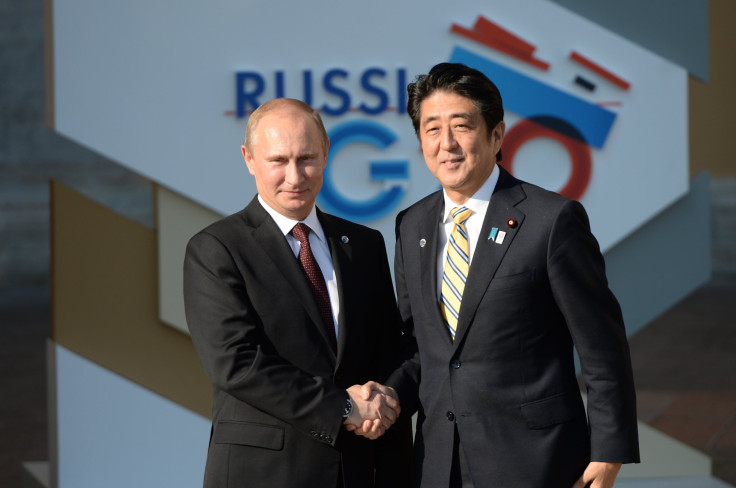Russia To Deploy Additional Missiles On 2 Kuril Islands, Deepening Tensions With Japan

A document obtained by Kyodo News, a cooperative news agency based in Tokyo, indicates that Russia is planning to add some missile systems in the Kuril Islands. The missiles are aimed at increasing Russia’s defense capabilities in the Sea of Okhotsk, where a nuclear weapon stronghold is located against any U.S. aggression.
The Kurils are a chain of small islands that run from the Japanese island of Hokkaido at the southern end and the Russian Kamchatka Peninsula at the northern end. They form an island border that separates the Sea of Okhotsk from the Pacific Ocean.
Shortly after World War 2, the cold war between the U.S. and Russia was well underway and anti-Japanese sentiment was still strong. The U.S. had 299 nuclear weapons compared to five for Russia (formerly the USSR) allowing the U.S. to bargain from a position of strength in the early 1950s.
The Treaty of San Francisco, where Japan renounced all rights to the Kuril Islands and the islands adjacent to it, was signed on Sept. 8, 1951 by 49 nations, including Japan and the United States. Five years later, peace talks between Japan and Russia resulted in an agreement to give two islands back to Japan. The U.S. blocked the deal over a disagreement about the ownership of Okinawa.
This current development is sure to displease Japan and will likely affect talks between Prime Minister Shinzo Abe and Russian President Vladimir Putin scheduled for Thursday in Vladivostok in Russia's Far East. A Japanese government official said, "Despite Russia strongly criticizing the United States for building a missile defense network, they themselves are steadily strengthening their own defense systems.”
Abe and Putin first agreed in November to step up talks based on the 1956 agreement that was thwarted by the U.S. The two islands, Shikotan and Habomai, were to have been handed over to Japan once a peace treaty was signed and on Oct. 19, 1956, both countries signed the Soviet–Japanese Joint Declaration. The declaration technically ended the state of war between the two countries, but it did not settle the dispute over the Kuril Islands.
Putin has voiced concerns over U.S. military expansion and Tokyo's plan to deploy a U.S.-developed missile defense system and wants Japan to explain its future security policies. This entry of Russia into Asian waters further complicates the already muddled situation that includes China’s crisis in Hong Kong and the uncertainties present with North Korea.
© Copyright IBTimes 2025. All rights reserved.




















